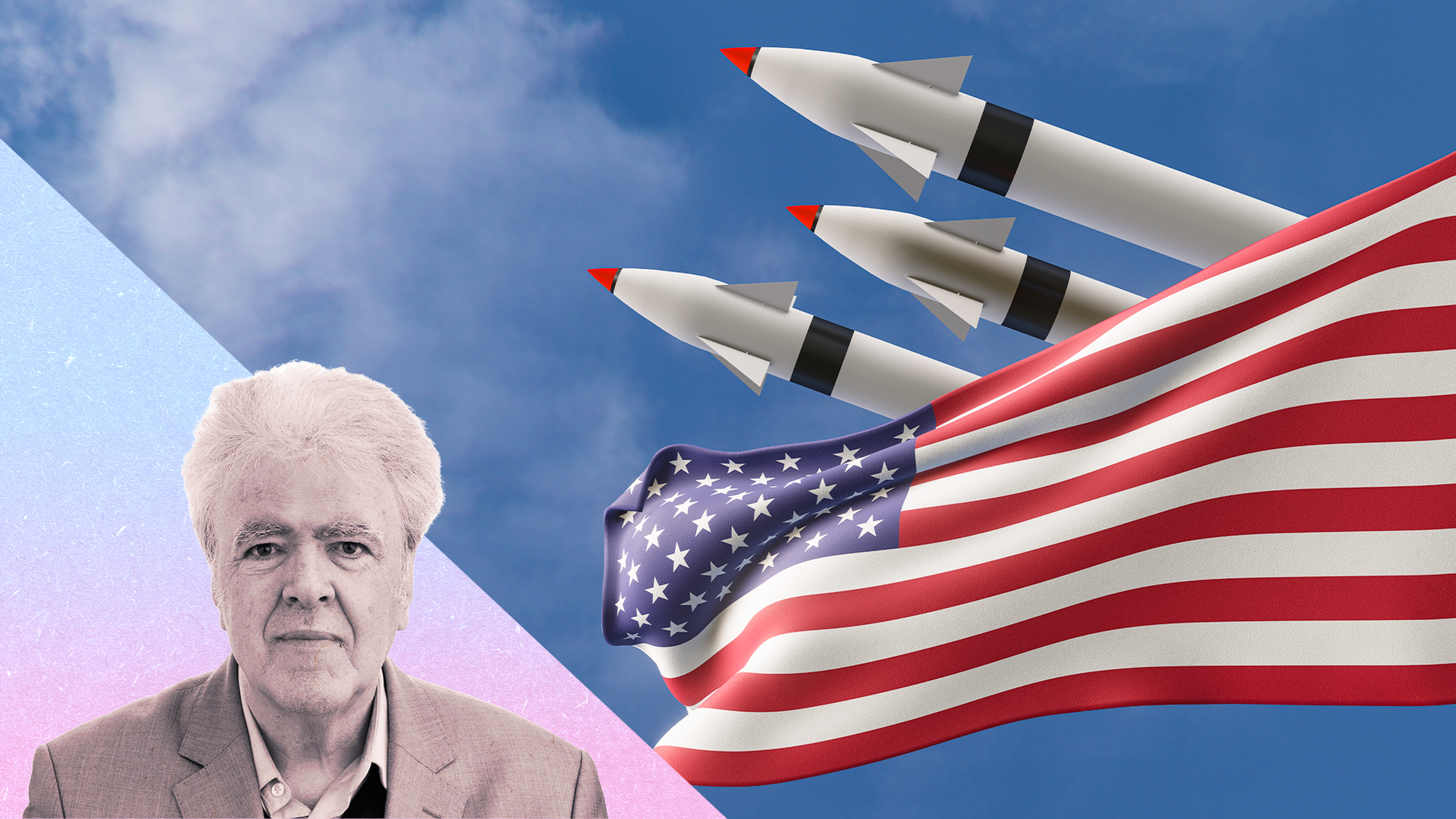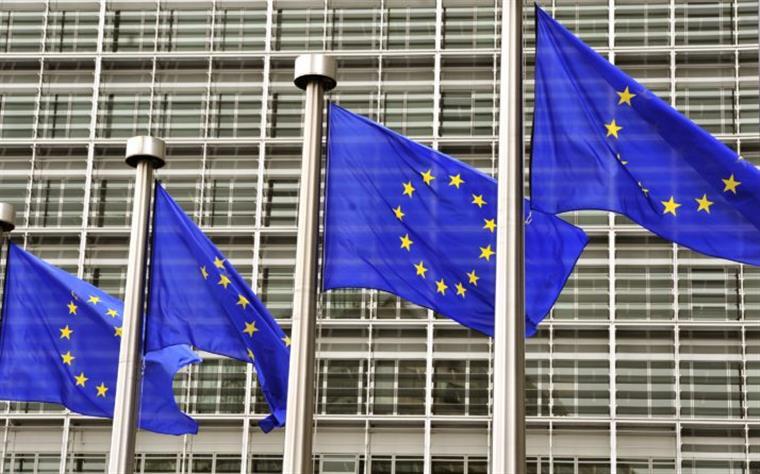Why the American nuclear guarantee is pure imagination

The author is a political scientist and has been dealing with nuclear strategic questions since the mid -1970s, including as NATO Research Fellow and as a visiting professor at the Max Planck Institute in Starnberg.
Some European politicians and experts think that it is unequivocally from the explanations of representatives of the Trump administration that the United States is not only willing to give Ukraine any security guarantees, but that they would not react to a Russian attack on NATO members such as the Baltic States.
Western European allies even rumor that the American nuclear guarantee is no longer credible. They show themselves amazed, horrified, outraged. Basically everything remained the same.
The threat of the use of American nuclear arsenal as a result of an attack on European allies was never credible, but not on the basis of political declarations of intent, but the nuclear phenomenon inherent.
Since NATO has existed and under every government, the United States has never even remotely thought of risking its own existence for the preservation of the political and territorial integrity of its European allies.
Trump may articulate it a little more openly and more brutal, but basically he and his consultants do not think differently than all of her predecessors since Eisenhower, says Armand C which says. Photo: AFP
Proclamation and reality
The American nuclear guarantee was always based on a fiction, albeit well -meant. The European NATO members failed to intellectually process the nuclear revolution. They have refused to draw the inevitable conclusions.
You have replaced reality to deliberately or unconsciously interpreted Article V of the Washington Treaty of April 1949 as an automatic obligation to rush attacked Member States with all available means. This article leaves it to the allies to determine the quality of the quantity of these means according to discretion.
The European NATO members failed to intellectually process the nuclear revolution.
« Would the United States be ready to sacrifice Chicago for Berlin? », The anxious question of critical western nuclear strategists once called. The obvious answer is: Of course you would not do so and the existence of your whole country is much less jeopardized. But as in Hans Christian Andersen’s fairy tale « the emperor new clothes », nobody has to call, except for one child, that the emperor is naked.
Why Trump is wrong with the EU
French soloable
In Europe, this only dared to General de Gaulle because, as a sovereignty, he wanted to achieve a defense policy independence of France on the basis of an independent nuclear force.
Of course, there is also a gap between claim and reality in the case of France, since the country has the approximately twentieth part of nuclear explosive heads compared to countries such as Russia or the USA. The French nuclearoctrin, the « Dissuasion du Faible Au Fort » is a little more credible than that of NATO because it only refers to its own country, its own existence.
De Gaulle and his pioneers had realized that there could be no military assistance in the nuclear age in the event where two opponents have weapons of mass destruction with which they could wipe out the other side, but at the same time know that this would mean the end of their own country.
The threat of the use of American nuclear arsenal due to an attack on European allies was never credible (…).
It is idle to speculate whether France, like sometimes cowsters or should you say frivelized by President Macron, would be willing to span his atomic umbrella over Europe. Great Britain would be much less able to participate in such a project – Brexit or not. In contrast to France, the country is largely dependent on the United States in this existential area, despite the contrary assertions.
« The uncertain trumpet » (1)
The North Atlantic Alliance was forged at a time when the United States had a nucleares quasi-monopoly. At the latest with the possession of thermonuclear weapons of intercontinental reach on the side of the USA as well as the USSR, i.e. a kind of nuclear pats from 1953, it had to be clear to everyone and sincere experts or politicians that there could be no nuclear guarantee for third countries.
Why an alliance is needed against the « trumpy » cultural struggle
Actually, the United States should have honestly inform its European allies. But they preferred to maintain fiction, but their strategy adapted to the new conditions, albeit with some delay. Instead of the doctrine of the « massive retribution », there was now at NATO level, officially since 1967, but in fact much earlier, that of the « flexible replica ».
Trump may articulate it a little more openly and more brutal, but basically he and his consultants do not think differently than all their predecessors since Eisenhower.
The Americans might have been ready to participate in a war in Europe, even with the use of atomic tactical short and medium-range missiles, but on the condition that there would be no intercontinental exchange of blows with the Soviet Union or Russia. Of course, they were always aware of the risk of escalation and would therefore have been extremely reserved when using nuclear battlefield weapons.
This dilemma, indeed this illusion on the part of the Europeans, has continued to the present, is present as an overwhelming shadow in the current Ukraine conflict. President Trump may articulate it a little more openly and more brutally, but in principle he and his consultants do not think differently than all their predecessors since iron -out.
The end of the myth?
So would it be time to put an end to this myth, to bring the European NATO allies back to the bottom of the certainly unpleasant facts, to recognize that there is no American nuclear umbrella and never existed because it cannot exist?
Why Trump is wrong with the EU
This is an extremely difficult, delicate question of enormous political, military, even ethical scope. It would require a lot of courage on the part of the Europeans to face reality. And it would require tremendous political and psychological effort to rethink, to take a painful process, to admit that an illusion had been succumbed to the fact that you had built your safety on sand, on a hollow promise, on solemn explanations and contractual provisions without strategic substance.
(1) Title of the influential book by General Maxwell Taylor from 1960, in which he questioned the credibility of the doctrine of the « massive retribution ».




:format(webp)/s3/static.nrc.nl/wp-content/uploads/2025/05/29185945/web-2905BUI_Blatten.jpg)


